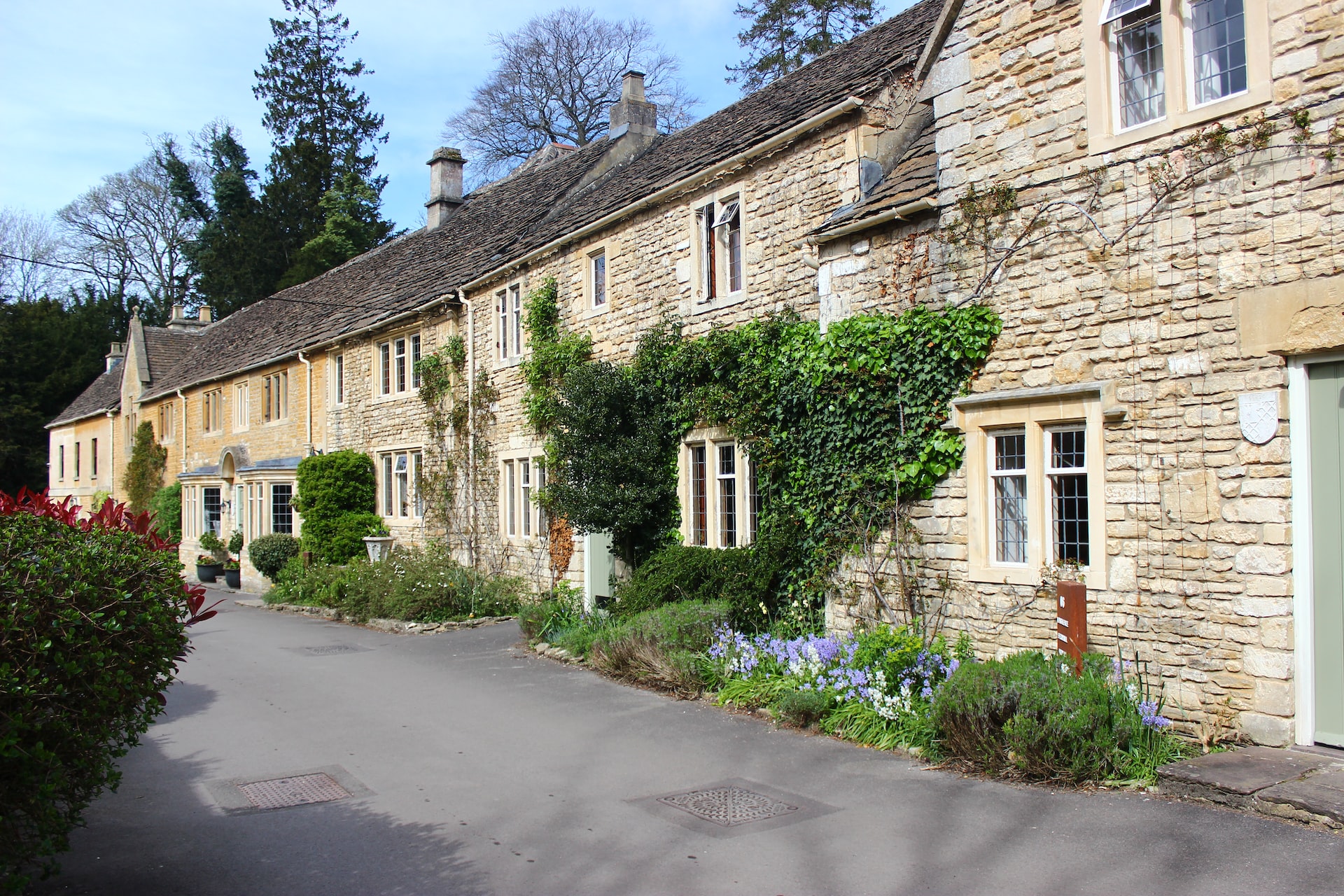Tips on how to transform an inherited home into a successful rental property
You may be settled, own your own property, and not feel like moving into a home you’ve just inherited. So, inheriting a property from a family member or friend could mean that you become an ‘accidental landlord’ overnight.
If you haven’t got any previous experience in renting out a property, how do you start turning the home that’s now in your possession into somewhere people are attracted to renting?
Here are a few tips on transforming an inherited home into a successful rental property.
You may need to apply for an HMO licence
Is the home you’ve inherited large with the potential to hold a lot of bedrooms? Well, if you’re looking to rent out a House in Multiple Occupation (HMO) in the UK, it’s likely you’ll first need to apply for an HMO licence.
The rules and what constitutes an HMO rental property are different in different parts of the UK. In England and Wales, your property is an HMO if at least three tenants live there, they form more than one household, and tenants share toilet, bathroom or kitchen facilities. There are different rules for HMOs in Scotland and Northern Ireland.
Restore the property to a good working condition
There are tons of amazing residential properties steeped in long years of history in the UK and you may have inherited an older property from your parents or grandparents.
It is part of your responsibility as a landlord to look after the repair and maintenance of your property’s building and its structures, including maintaining the garden and outdoor areas that tenants cannot reasonably be expected to maintain. No tenant will want to spend their hard-earned money to rent a house falling apart at the seams.
So, before putting the property you’ve inherited on the rental market, renovate it to a good state of repair. Yes, this may involve some initial expenses, such as hiring professional plumbers, builders, electricians, gas engineers, etc. But investing in restoring and improving the condition of the property early on is far less stressful than tenants contacting you after they’ve moved to complain about how the place isn’t fit to live in.
Make necessary upgrades
The property you’ve inherited may require significant upgrades in order to make it suitable for the expectations of paying tenants in 2023. Alongside improving bedrooms, think about how you can enhance and upgrade shared parts of the home, such as the kitchen, lounge areas, and bathrooms.
Is the property particularly cold? You could resolve this by carrying out upgrades like putting in a whole new heating system or even introducing under-floor heating.
An additional benefit of making the necessary modernisations and upgrades is that this will also increase the amount of rent tenants are willing to pay, as well as push up the value of the property should you want to sell it in the future.
Look into your outgoings
When you inherit a property and decide you want to start renting it out, you will realise there are certain outgoings all landlords need to cover. After all, you must do your job to ensure your tenants’ rights are protected.
Examples of outgoings landlords need to budget for include:
- Landlord insurance
- Mortgage payments
- Decorating
- Property maintenance and repairs
- Letting agency fees
- Taxes
- Bills (if stipulated as part of the rent in the tenancy agreement)
So, have an honest assessment of your outgoings, and look into ways you can reduce these costs. Looking for competitively priced comprehensive landlord insurance policies for a property you’ve recently inherited? Take a look at CIA Landlord Insurance.
Try catering the property to a specific lifestyle
What sorts of tenants are you trying to attract? Who is your target market? If you want to attract trendy young professionals, for example, then you should try to ensure your inherited property is fitted with all the latest mod cons. Smart TVs, an induction electric cooker, and of course a lighting-speed internet connection suitable for today’s digital age will make your property more attractive to rental tenants.
However, you may have to carry out considerable renovations and upgrades if the home you’ve inherited is a bit trickier to upgrade. For instance, homes that are hundreds of years old with large beams and thick walls aren’t known for offering residents excellent internet speed. Upgrading this sort of property and catering for modern tenants may cost you more.
Looking to transform your inherited property into somewhere that’s attractive for students to rent? If so, cater the furnishings and decorations of the property to students. This may entail doing things like supplying comfy sofas in lounge areas for them to relax on or putting study desks in all the bedrooms.
Ensure you understand the local rental market inside out
Doing your research and gaining extensive knowledge about the rental market in the locality your property is situated is essential for any landlord starting out who hopes to enjoy future success.
Finding out about average local rental prices, amenities, transport links, and average worker salaries in the area will help you work out approximately how much rent you can reasonably expect tenants to pay to live in your property.
Inheriting a property is a big deal, but try looking at it as a positive opportunity you can make the most of. Reading through these handy pointers, you now ought to have a better understanding of ideas for ways you can transform a home you’ve inherited into a successful rental property.

